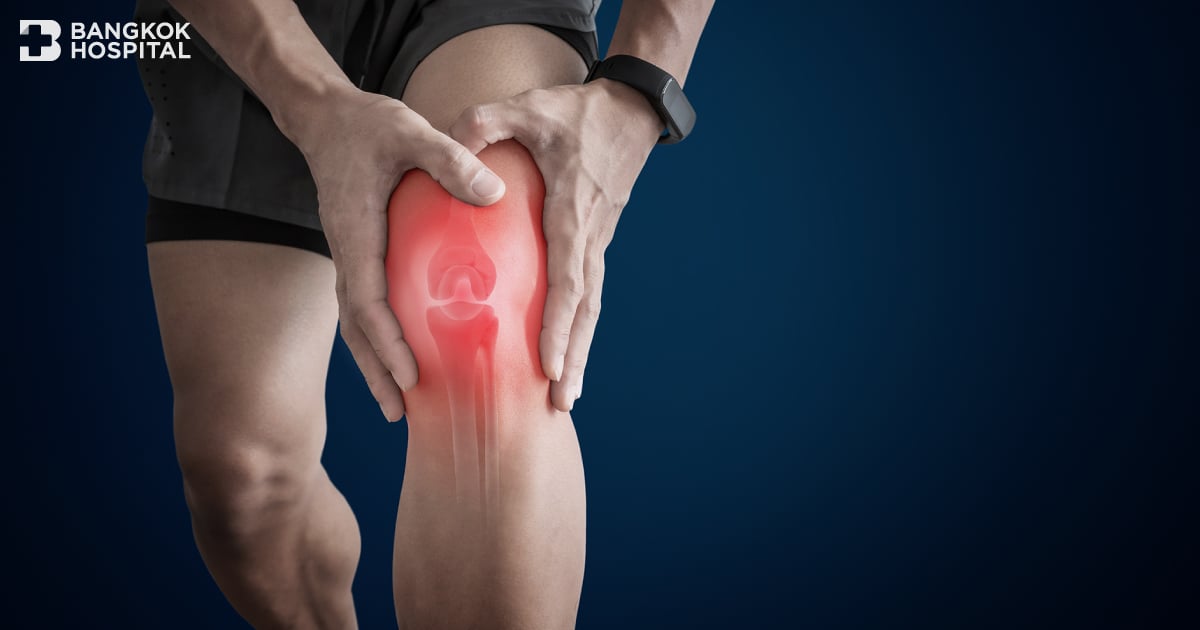Understanding the Shoulder Joint
The shoulder joint is one of the most important joints in the body, consisting of the Humerus and the Glenoid bone. Physically, it resembles a golf ball on a tee. The stability of the shoulder relies on the shoulder capsule, ligaments, and surrounding muscles to enable movements such as reaching overhead, scratching one’s back, or dressing.
Frozen Shoulder Syndrome
Frozen shoulder syndrome is commonly found in middle-aged individuals, more often in women than in men. It typically presents as pain in the shoulder area, which may cause difficulty in daily activities such as dressing and scratching one’s back, or pain in the shoulder when lying down. It can be divided into 2 main types, namely:
-
Primary Stiff Shoulder is a frozen shoulder without a discernible cause.
-
Secondary Stiff Shoulder is a frozen shoulder resulting from shoulder joint pathologies, such as injuries related to the shoulder, or from certain diseases such as diabetes, thyroid disorders, kidney diseases, cardiac diseases, etc.
Stages of Frozen Shoulder
The progression of frozen shoulder can be divided into 3 stages:
-
The Inflammatory Phase
-
The Frozen Phase
-
The Thawing Phase
Diagnosing Frozen Shoulder
Besides history taking and physical examination, further investigations such as X-ray, Ultrasound, or MRI are required to identify the exact cause of the condition for appropriate treatment planning.
Treating Frozen Shoulder Syndrome
There are 2 main types of treatment for frozen shoulder:
- Non-surgical treatment includes
- Medication
- Steroid injections
- Physical therapy to increase shoulder mobility
- Surgical treatment is considered when non-surgical treatments have been administered for at least 6 – 12 months without improvement and if the condition interferes significantly with daily activities. Currently, arthroscopic surgery offers good outcomes and rapid recovery, making the treatment of frozen shoulder less daunting.
Primarily, frozen shoulders without an underlying cause can heal naturally over time. However, if the frozen shoulder is due to a specific cause such as a torn shoulder tendon or an abnormality of the shoulder bone, treatment must address that specific issue.






